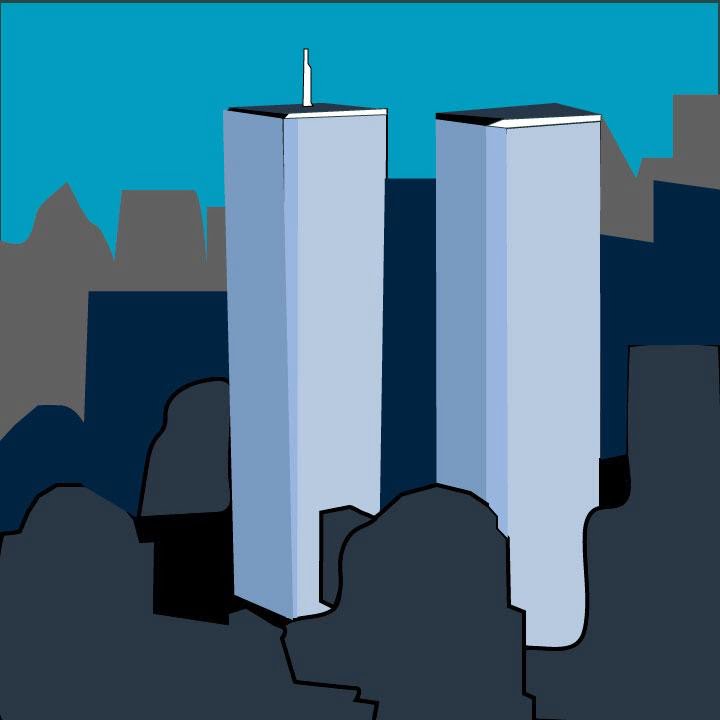September 11, 2001 will forever remain etched in the memories of Americans. Almost 3,000 innocent lives were lost during the deadly 9/11 terror attack. No one saw it coming until two planes hijacked by terrorists crashed into New York’s World Trade Center.
Terrorists aboard a third plane hovered around the Pentagon while the fourth crashed in Pennsylvania. And this was the beginning of significant changes in America’s history. Nearly everything changed in a bid to make America safe. Below are several things that changed after the terrorist attack.
Start Of War On Terror
The 9/11 terrorist attack on U.S. soil marked the beginning of America’s war on terror. Before then, American troops were home. But a month after the attack, American troops were deployed to Afghanistan. Their main objective was reining in al-Qaeda militia – an outlawed terror group – behind the terrorist attack in the U.S.
In an address to Congress nine days after the attack, declared a global war on terror.
“Our war on terror begins with al Qaeda, but it does not end there. It will not end until every terrorist group of global reach has been found, stopped, and defeated,” Bush’s resolute stand read.
The U.S. troops sustained a long war in dismantling the Taliban government supporting al-Qaeda. It is the most protracted military campaign in the annals of U.S. history. And it didn’t end here. Military troops from the U.S. in 2003 invaded Iraq intending to dethrone Saddam Hussein. Hussein was the leader at the time and was producing weapons for the Taliban forces.
Twenty years later, about 8,000 US troops are still in Afghanistan, taming the Taliban insurgency.
Health Complications
Residents of lower Manhattan in New York reported increasing cases of Ground Zero respiratory diseases five months after the terror attack. Some of the 9/11 related illnesses came as a result of pulverization. When the World Trade Center collapsed, all materials in the building became fine dust spreading all over Manhattan.
The World Trade Center Health Program certifies that there are more cases of respiratory diseases since the attack in the area. Further, other ailments certified by the program include asthma, anxiety, post-traumatic stress disorder, cancer, depression, rhinosinusitis, and sleep apnea.
Onset Of Deportations
The Department of Homeland Security didn’t exist before September 11, 2001. President Bush formed it in 2002, working closely with the U.S. Immigration and Customs Enforcement (ICE). Deportations rose exponentially during Barack Obama’s administration, having the highest numbers. Between 2009 and 2010, nearly 400,000 people were deported.
Between 1999 and 2001, there were at least 200,000 annual deportations. But they doubled after the 9/11 terror attack.
Airport Security More Elaborate
In 2001, you would wander around the airport in the U.S. without much fuss. Today, you need a ticket to do this. And proper scrutiny of your passenger I.D. is undertaken before boarding a flight. A thorough body check happens today, and you must remove your shoes and your belt. Back then, none of this happened. Security is now elaborate – nothing is ignored. Not even the vaguest intelligence report.
Anti-Muslim Bias
Between 2015 and 2016, FBI data indicates 91 cases of assault stemming from anti-Muslim bias. In contrast to 2001, after the 9/11 attack, this number grew. Americans perceive Islam as a religion advocating for war. Religious discrimination is still a thing in America. The profiling of Muslims continues amid efforts to change the narrative that they are peace-loving.
The aftermath of the 9/11 terror attack in the U.S. in 2001 has a good and an ugly side. In terms of safety, it is a plus for the people. More elaborate security systems are in place today. But America is still in the war two decades later; this is a sad reminder of the aftereffect of the most significant terror attack in the land.






